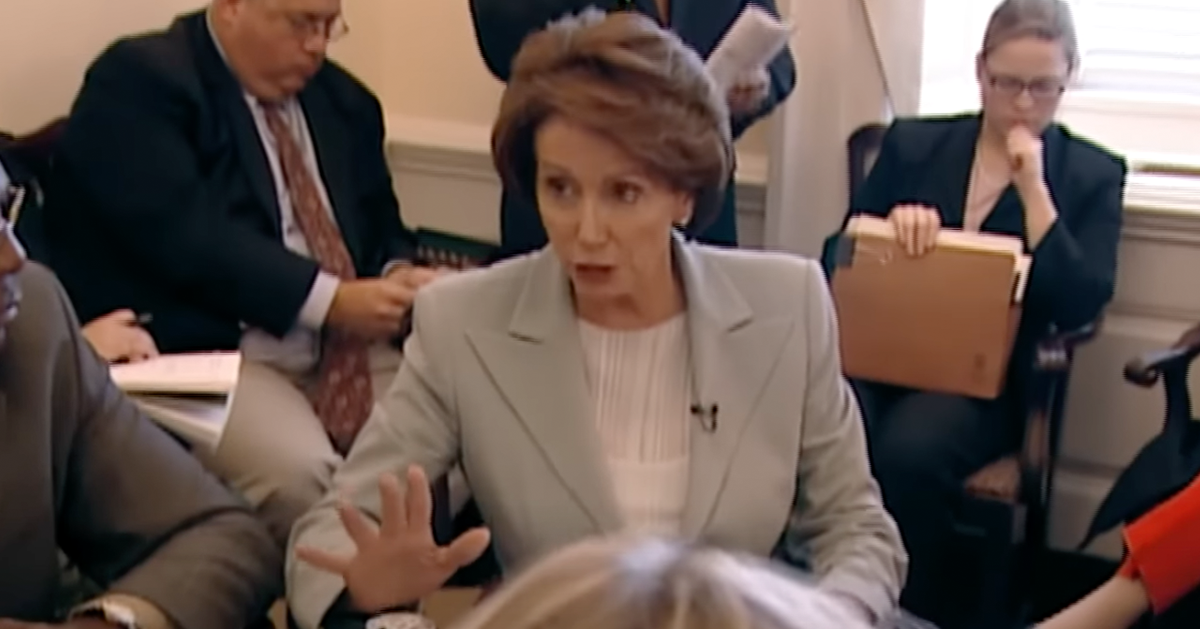Rasmussen Poll Suggests Trump Has Broad Voter Support for His Agenda
A recent survey indicates that most voters perceive Donald Trump's election as a reflection of public support for his policies, sparking discussion about the true extent of this mandate.
A survey from Rasmussen Reports reveals that 55% of likely voters consider Trump's victory as a call for him to take steps necessary to fulfill his campaign promises, as Breitbart reports.
The survey, carried out from Dec. 1-3, included 1,291 likely U.S. voters, offering insights just weeks after Trump was elected.
The concept of a "mandate" can often be contentious, representing a direct confirmation of public approval for specific policies. However, as demonstrated by this poll, interpretation varies significantly among political affiliations.
The survey results outlined a clear divide, with the majority of Republican respondents, at 81%, agreeing that Trump's election reflects a mandate. In contrast, only 32% of likely voters overall believe the election does not grant such a mandate. Additionally, 13 percent remained unsure.
Partisans' Views on Election Mandate
Opinions among independent voters were more split, yet half concurred with the Republican majority, recognizing the election as a mandate for Trump’s agenda. Among Democrats, a plurality of 48% did not see the election in a similar light.
This debate over the mandate expands to the legislative realm. The survey found that 53% of likely voters believe Congress should work alongside Trump to implement his policies, contrasting with 36% who thought Congress should resist them.
For Democrats, 60% felt congressional opposition was necessary to curb the president-elect's agenda. Conversely, 85% of Republicans and 47% of independents favored cooperation with Trump in Congress.
Comparison with Other Surveys
These survey results are consistent with findings from other polls. A Harvard-Harris survey drew similar conclusions, noting that half of registered voters nationwide perceived Trump as having a "strong mandate" to lead following his election.
These statistics highlight ongoing debates about the effects and implications of Trump’s electoral victory, particularly as Democrats and Republicans appear increasingly polarized on this topic.
Democrats, particularly their leadership, have voiced strong skepticism about the idea of a sweeping mandate. Minority Leader Hakeem Jeffries of New York has articulated that the idea of a potent mandate for Trump is largely unfounded.
Democratic Leaders Question Mandate Legitimacy
Jeffries emphasized the lack of clarity surrounding this supposed mandate. He argued that despite the proclamations from some Republicans about a "big, massive mandate," there is little evidence to support such claims.
Jeffries further questioned the validity of proposing a mandate to instigate drastic policy shifts, highlighting the need for cautious adjustments instead of significant and perhaps extreme changes.
He underscored the ongoing struggle faced by Democrats as they work to find common ground amidst a backdrop of an energized Republican base, urging for careful consideration rather than sweeping policy implementations.
Jeffries' comments underscore the fundamental issue of interpreting electoral outcomes as blanket endorsements of policy agendas. This delicate balance between following through on campaign promises and addressing diverse voter concerns remains a challenge for any administration.
Implications for Bipartisan Cooperation
The survey results and subsequent discussions about the mandate touch on broader issues of governance and the willingness -- or reluctance 00 of various political entities to collaborate. With a clear majority of survey respondents urging Congress to cooperate with the incoming administration, the call for bipartisan efforts is prominent.
This scenario outlines the potential divisions and highlights the varied expectations from Trump’s presidency, setting the stage for future political negotiations and legislative strategies.
In summary, as the transition of power progresses, determining how best to interpret and act upon the perceived mandate will remain central to political discourse within and beyond Congress. This dialogue will shape the trajectory of Trump's policies and their reception across the political spectrum.





